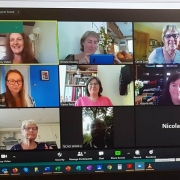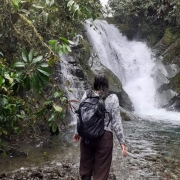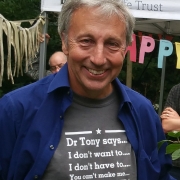Wow No Cow! by Keir Hartley (first published in West Sussex County Times)
If you are reading this column, there’s a good chance that you have an urge to do ‘the right thing’. You’re the sort who’s first to help in a crisis. You were the first to raise the subject of climate change. And the first to actually do something about it! And what better first step than to start making educated choices in the way you shop? No more plastic bottles and dodgy packaging. You started shopping locally, avoiding waste, noticing how sustainable food might or might not be. And you are right.
But it’s complicated, isn’t it?.
Take milk as an example. To produce it from a cow is incredibly destructive. A study by Oxford University tells us that producing a glass of dairy milk results in almost three times the greenhouse gas emissions of any non-dairy milks! It takes approximately 120 litres of water, 150 square centimetres of land and produces 0.6 kg of carbon emissions to produce one 200ml glassful.
For almond milk, however, the figures are 78 litres of water, a mere 10 square centimetres of land and 2kg of CO2 emissions. It sounds like a no brainer, until you drill down – which is exactly what they have had to do in California! The Golden State is responsible for 80% of the world’s almond production which requires enormous plantations which slowly deplete and dry the soil. Farmers drill ever deeper to quench their thirsty crops, bringing up saltier water. This speeds up desertification, which in turn leads to fires, and the strong possibility of no more almond trees. Read more







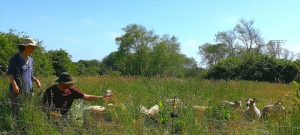

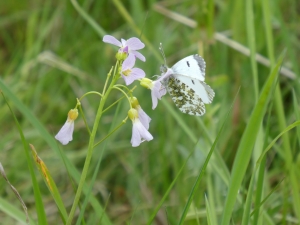
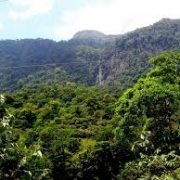
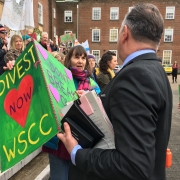








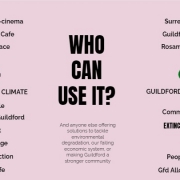






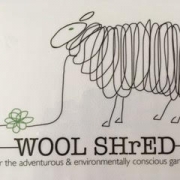


 Inspiring environmental art competition appeals for children and young people to get involved over holidays and the summer term. Thanks to a grant from The Boltini Trust, Sussex Green Living and the South Downs National Park Trust, which is the official charity of South Downs National Park, have developed this “Clean Up & Create” a Bright New Future competition for 5-16 year olds in Sussex and Hampshire.
Inspiring environmental art competition appeals for children and young people to get involved over holidays and the summer term. Thanks to a grant from The Boltini Trust, Sussex Green Living and the South Downs National Park Trust, which is the official charity of South Downs National Park, have developed this “Clean Up & Create” a Bright New Future competition for 5-16 year olds in Sussex and Hampshire.